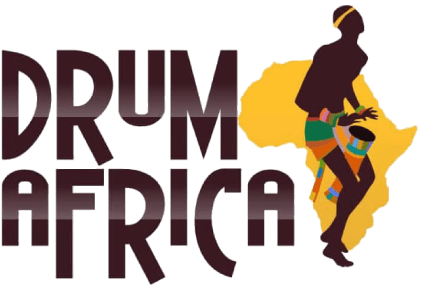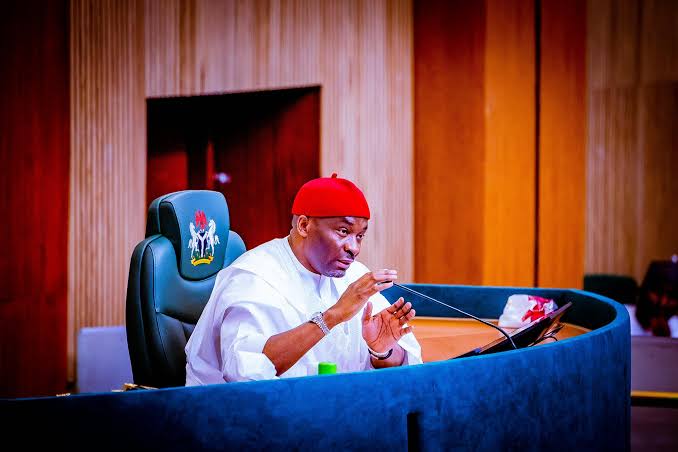The Chairman of the House of Representatives Committee on the Review of the 1999 Constitution, Rt Hon Benjamin Kalu, has revealed that none of the 31 requests for state creation met the constitutional requirements.
Kalu, who also serves as the Deputy Speaker of the House, made this known on Friday during a two-day retreat for committee members in Ikot Ekpene, Akwa Ibom State.
The retreat, held from February 20 to 23, 2025, provided a platform for reviewing pending amendment bills and strategizing about the next steps in the constitutional review process.
The 10th House organized the event in collaboration with the Policy and Legal Advocacy Centre, which was supported by the UK Foreign, Commonwealth, and Development Office (FCDO).
Recognizing the significance of state creation in Nigeria’s governance discourse, Kalu acknowledged that while the requests reflected the aspirations of various communities, they did not meet the legal criteria for consideration.
In response, the committee extended the submission deadline to March 5, 2025, allowing for further input and possible revisions. Kalu added that the deadline could be extended further depending on the retreat’s outcome.
He also disclosed that the House Committee is currently reviewing 151 constitutional amendment bills, reflecting lawmakers’ efforts to refine governance in Nigeria.
He noted that while some bills have advanced to the second reading, others remain at the first stage.
“Although we have received 31 requests for state creation, none of these requests met the constitutional requirements for amendment.
“Therefore, we have since extended the submission date to the 5th of March, 2025. But this retreat could in our resolution extend it further if we find out that there are still challenges that the people we represent in their efforts to make their voices heard.
“So at the end of this retreat, it will be one of the things we will look into, whether or not we will extend the time. But let it be a notice that none of the applications followed the conditions laid out by Section 8 of the Constitution of the Federal Republic of Nigeria,” Kalu said.
Kalu highlighted a major challenge in the review process which is duplication.
He said some bills addressed similar issues under different sponsors, while others overlapped in subject matter.
To streamline efforts and eliminate redundancy, he said the committee categorized the bills into thematic areas.
The thematic areas are Federal Structure and Power Devolution, Local Government Autonomy, Public Revenue, Fiscal Federation, and Revenue Allocation, Nigerian Police and Security Architecture, Comprehensive Judicial Reforms, Electoral Reforms, Gender Issues and Human Rights as well as state creation.
The categorization, according to Kalu, would help lawmakers prioritize amendments based on national interest and legislative relevance.

